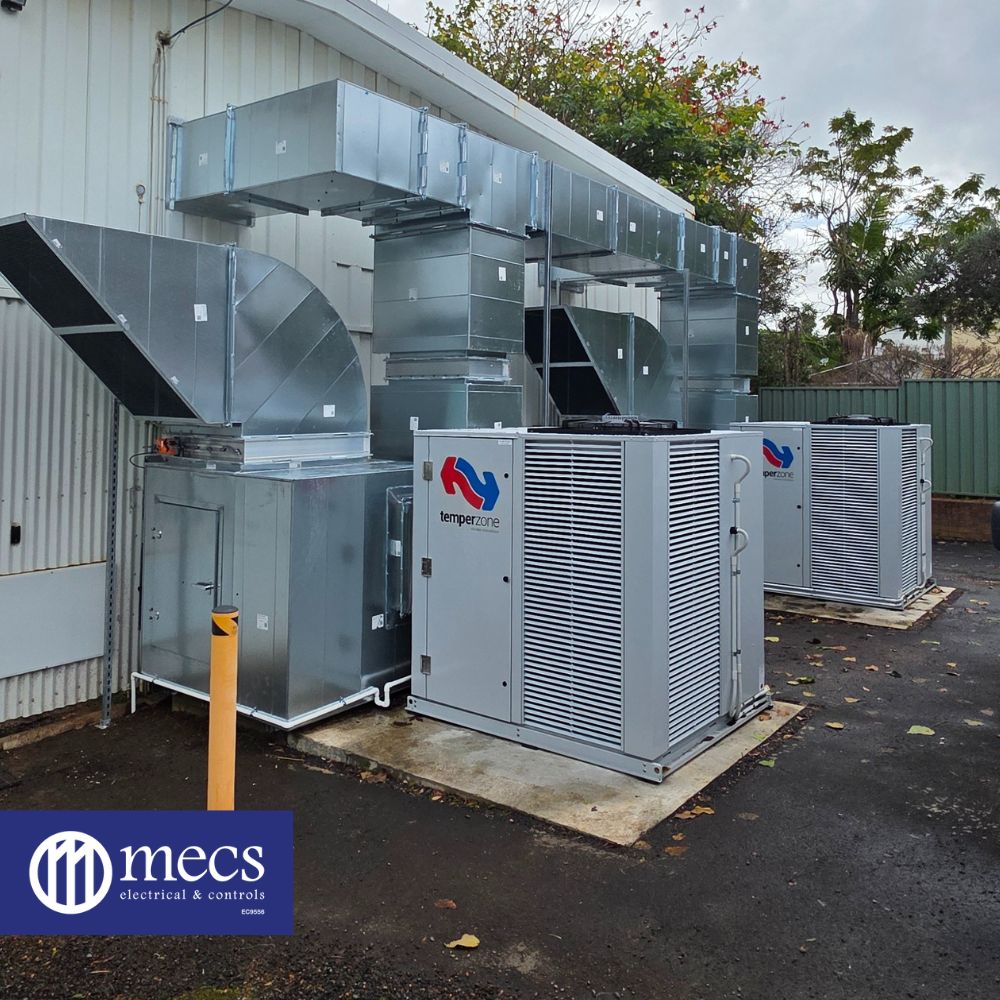Having a reliable uninterruptible power supply (UPS) system is essential for maintaining operational continuity. A UPS system ensures that your business can keep running even during power disruptions, preventing equipment damage, data loss, and service interruptions. Here’s how you can secure a dependable UPS system that meets the needs of your business, whether you’re running a small office or a large industrial operation.
Key Features to Look for in a UPS System
When choosing a UPS system for your business, there are several essential features to consider:
1. Power Reliability
The primary function of a UPS system is to provide reliable power when your main supply fails. It is crucial to choose a system that ensures smooth and uninterrupted power flow, preventing potential disruptions. High-quality UPS systems are designed to handle power fluctuations and provide a stable source of electricity during emergencies.
2. Capacity and Scalability
The capacity of a UPS system is determined by its ability to handle the total wattage of the equipment it supports. Your system should be able to handle both your current and future power requirements. This is especially important for businesses anticipating growth or expansion, as a scalable UPS can be adjusted to meet increasing power demands without requiring a complete system overhaul.
3. Battery Runtime
Battery runtime is another crucial factor to consider. Depending on the size and power demands of your business, you may need a UPS with a longer battery life to keep systems running until backup power is restored or until your team can properly shut down equipment to prevent damage. The battery runtime varies by system type and can be customised based on the specific needs of your business.
4. Advanced Features for Monitoring and Control
Modern UPS systems come equipped with advanced monitoring features. These systems allow you to track the health of the battery, monitor energy usage, and receive alerts in the event of a power anomaly. Many UPS units can be managed remotely, which means that staff can monitor the system and receive real-time updates on power status, making it easier to take quick action if necessary.
5. Energy Efficiency
With growing concerns over energy consumption and environmental impact, selecting an energy-efficient UPS system is vital. Many of today’s UPS systems are designed to be more energy-efficient, helping businesses reduce power consumption and save on operating costs. Choosing a more efficient model not only supports your company’s sustainability goals but also leads to long-term savings on electricity bills.
Choosing the Right Provider

Selecting a reliable UPS provider is just as important as the system itself. A good provider will offer a comprehensive range of services, from system design and installation to ongoing maintenance and emergency support. It’s important to choose a provider with extensive experience in your industry, as they will be able to tailor the UPS system to meet your specific needs.
Expertise and Support
Look for a provider that offers expert guidance in selecting and installing a UPS system. They should be able to help you assess your power needs, determine the right capacity, and ensure that your system is configured to provide the best protection for your business. Additionally, an experienced provider will offer ongoing support and maintenance services to keep your system operating optimally.
Tailored Solutions
Your business may have unique power requirements based on the size of your operations, the critical nature of your equipment, or the potential for future growth. A good UPS provider will offer tailored solutions that address your specific needs, whether you’re looking for a small, standalone unit for an office or a large-scale system for a data centre.
Comprehensive Service Offerings
The right provider will offer end-to-end support, including UPS system design, installation, maintenance, and troubleshooting. Regular maintenance is essential for ensuring that your system remains functional and that any potential issues are detected before they cause significant problems.
Implementing a UPS System in Your Business

The first step in implementing a UPS system is to assess your business’s power needs. This involves identifying critical systems, understanding the power requirements of each piece of equipment, and estimating the total load that your UPS system must support. This assessment will help you choose a system that is appropriately sized for your business.
Select the Right System
Once you’ve assessed your needs, work with your provider to choose a UPS system that meets those requirements. Be sure to consider factors such as capacity, battery life, energy efficiency, and scalability. Your provider should also help you choose a system with the right features, such as remote monitoring and real-time alerts.
Regular Maintenance
A UPS system requires regular maintenance to ensure its longevity and reliability. Choose a provider that offers ongoing maintenance services, including routine inspections, battery replacements, and system testing. Proactive maintenance helps prevent system failures and ensures that your UPS is always ready to perform when needed.
Train Your Team
Once your UPS system is in place, it’s important to train your team on how to operate and monitor it. Your staff should know how to respond in the event of a power failure, how to interpret alerts, and when to contact support.
Conclusion
Investing in a reliable UPS system is crucial for maintaining operations, protecting equipment, and ensuring business continuity. By selecting a UPS provider that understands your unique needs and offers tailored solutions, you can secure a reliable power source that keeps your business running smoothly—no matter what.










